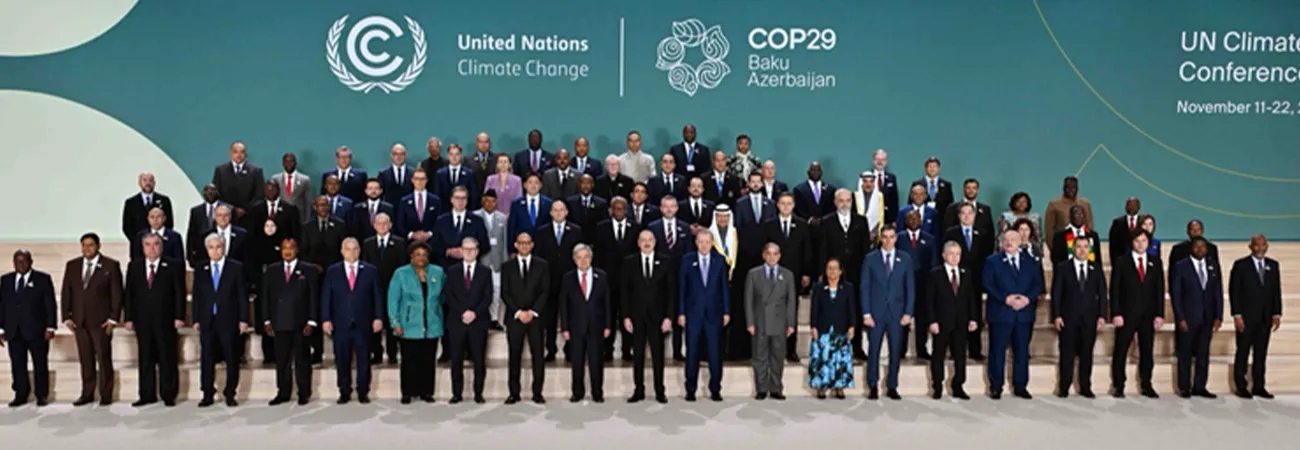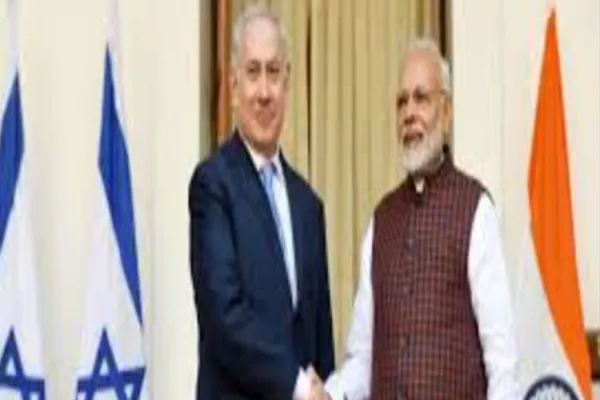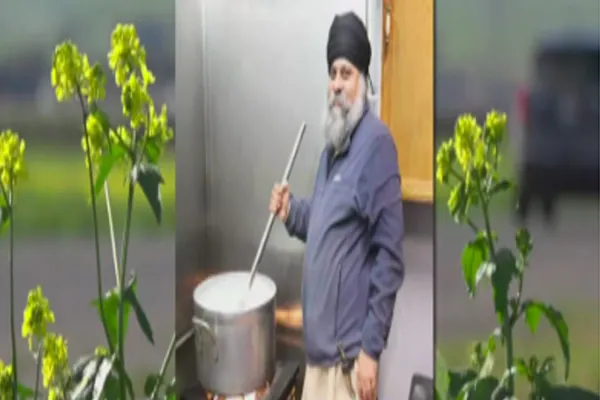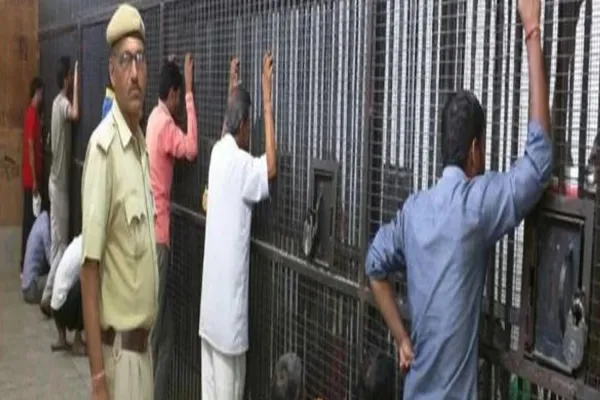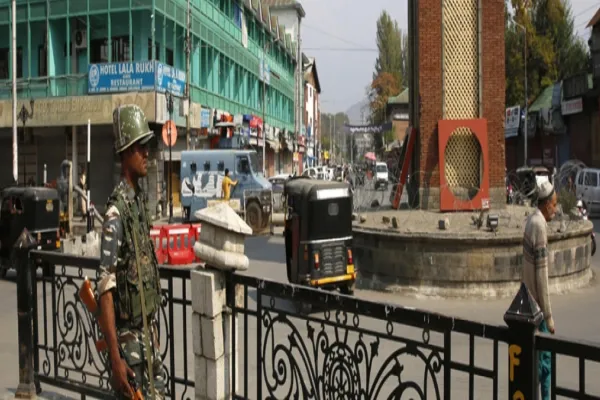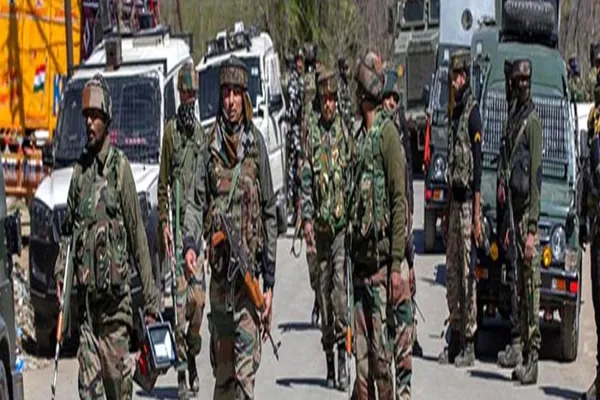i NEWS INTERNATIONAL
COP29 in Baku marked significant progress in climate finance, transparency, and adaptation, including a historic agreement to triple annual funding for developing countries by 2035 while emphasizing the urgent need for developed nations to fulfill their commitments and collaborate on unresolved challenges ahead of COP30, report WealthPk
The top-level executives, including the Prime Minister of Pakistan, Shahbaz Sharif, at their meeting Conference Of Parties (COP), made the demand and underlined the need for early realization of the commitment made by the developed countries for achieving the objective set by the United Nations Organization framework of climate change (UNFCCC). The 29 COP, held in Baku, Azerbaijan, for 2 weeks, from November 11 to November 22, was attended by the head and Chief executive from 193 countries. The total commitment made by the developed countries was around $300 billion. Prime Minister Shahbaz Sharif called upon developed countries to allocate $6.8 trillion for developing and underdeveloped countries that suffered heavily from climate hazards. “We must act now to bridge the gap between promises and reality. Developing countries cannot combat this crisis alone,” Sharif emphasized during his address.
Developed countries held multiple sessions during the conference to create a strategy for managing financing. This strategy is still under development, and the draft agreement will likely be presented at the upcoming COP meeting in Brazil. Our correspondent from Baku reported that the developing and underdeveloped countries showed dissatisfaction during their sideline sessions, expressing dissatisfaction with the work of developed countries in realizing their commitments. The conference was highly successful in promoting context, sharing experiences, and highlighting the main challenges of climate change. COP provided an effective platform for participants to better understand climate issues.
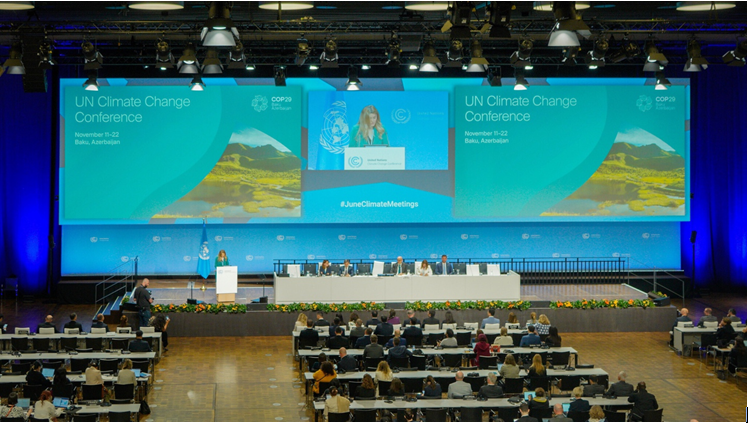
During the conference, various countries, including Pakistan, had pavilions to display cultural and social values. The pavilions also served as a source of negotiation and discussion by the participating countries to develop their strategies for handling climate challenges. UN Climate Change Executive Secretary Simon Stiell described the new finance goal agreed upon at the conference as an insurance policy for humanity. Stiell remarked that the deal aims to support clean energy growth and provide protection against worsening climate impacts. However, he emphasized the importance of developed countries meeting their financial commitments fully and on time. While the agreement in Baku marked significant progress, he acknowledged that no nation got everything it wanted, leaving much work to be done in preparation for the next COP in Belém, Brazil.
With a focus on climate finance, COP29 reached a historic agreement to triple financing to developing countries, increasing the annual target to USD 300 billion by 2035. Furthermore, a new collective quantified goal (NCQG) for climate finance was established, aiming to mobilize USD 1.3 trillion annually by 2035 from both public and private sources. These financial goals build on prior achievements, including establishing a Loss and Damage Fund and committing to transition from fossil fuels. Simon Stiell highlighted that this new finance goal is designed to facilitate faster progress in reducing emissions and promoting renewable energy. The agreement also laid the groundwork for operationalizing carbon markets, which are expected to accelerate countries’ ability to meet climate targets. Developing countries, especially the least developed ones, stand to benefit significantly from these carbon markets through capacity-building support and new finance flows.
In addition to financial commitments, COP29 achieved substantial progress in promoting transparency in climate action. Thirteen countries, including the European Union, Japan, and Turkey, have submitted their Biennial Transparency Reports (BTRs). These reports aim to strengthen evidence-based climate policies and identify financing needs. The conference also hosted numerous events under the #Together4Transparency initiative, underscoring the importance of transparent climate reporting and the role of all stakeholders in climate action. Adaptation efforts also took center stage, establishing a support program for implementing National Adaptation Plans (NAPs) in least-developed countries. High-level dialogues emphasized the urgency of addressing climate adaptation through innovative financing and technical support. The outcomes from Baku provide a clear path for continued adaptation efforts leading to COP30.
The discussions at COP29 further amplified the voices of Indigenous Peoples and local communities, recognizing their critical role in addressing climate challenges. Adopting the Baku Workplan and extending the Facilitative Working Group’s mandate highlighted the importance of collaboration and leadership by these communities. The conference also emphasized the integration of gender perspectives into climate strategies, extending the Lima Work Programme on Gender and Climate Change for another decade. This emphasized the importance of gender equality in meeting climate goals and set the stage for a new gender action plan to be adopted at COP30.
Civil society participation was pivotal, with over 55,000 attendees, including youth, businesses, and international organizations, contributing to the discussions. The outcomes reinforced the need to empower diverse stakeholders to engage in climate action. While COP29 achieved numerous milestones, it also left significant challenges unresolved. Simon Stiell acknowledged that the agreements reached need to meet expectations fully and stressed the importance of continued collaboration and commitment from all nations. The road ahead is long, but the steps taken in Baku mark meaningful progress toward a more sustainable and equitable future.
Credit: Independent News Pakistan (INP)



